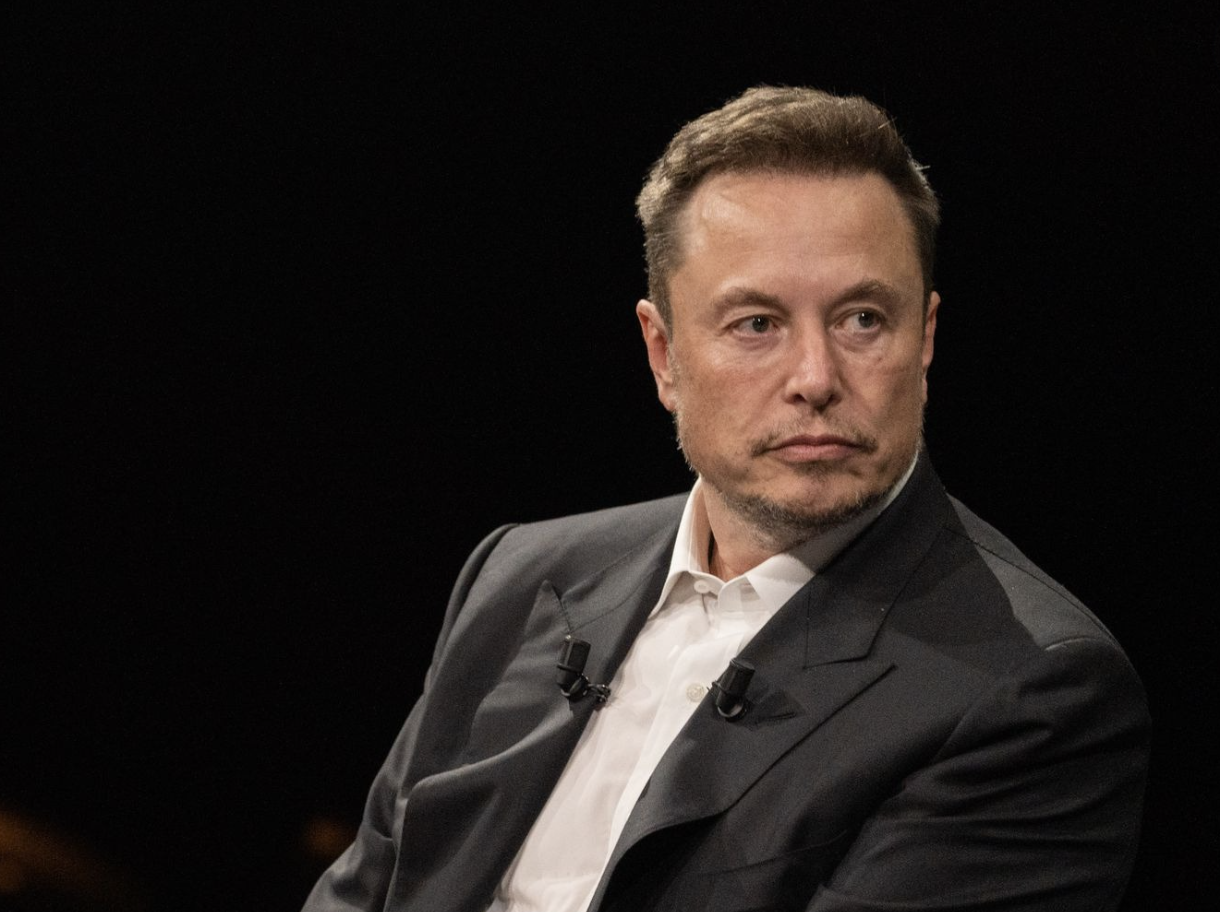Tesla reported a sharp 20% drop in automotive revenue in the first quarter of 2025 compared to the same period last year, with profits falling more than 70%.
Total revenue for the quarter came in at $19.3 billion—down 9% year on year and below the $21.1 billion analysts expected. The company cited weakening demand and “changing political sentiment” as reasons it declined to offer a growth forecast.
Sales have slumped, and backlash against CEO Elon Musk’s high-profile role in Donald Trump’s administration has grown. Tesla acknowledged that Musk’s focus on politics had impacted the company.
Musk: Less Time for Government Work
Musk said his “time allocation to Doge”—Trump’s Department of Government Efficiency—would “drop significantly” starting next month. He plans to spend only one to two days per week on government matters “as long as the president would like me to do so and as long as it’s useful.”
The tech billionaire, who contributed over $250 million to Trump’s re-election campaign and spearheads the Doge initiative aimed at cutting federal spending, said his efforts to streamline government are “mostly done.”
Despite calling Doge “critical,” Musk admitted the public backlash had hurt Tesla, blaming the “blowback” on opponents of the initiative who “try to attack me and the Doge team.”
Tariffs, Trade Tensions Deepen Challenges
Tesla noted that Trump’s tariffs on China have added pressure. While Tesla’s U.S. vehicles are assembled domestically, many of its components are sourced from China. The company warned that “rapidly evolving trade policy” could hurt its supply chain and raise costs.
“This dynamic, along with changing political sentiment, could have a meaningful impact on demand for our products in the near-term,” the company stated in its quarterly update.
Musk has previously clashed with members of the Trump administration over trade. Earlier this month, he called trade adviser Peter Navarro a “moron” after Navarro claimed Tesla was “not a car manufacturer” but “a car assembler, in many cases.”
Market Reaction and Future Outlook
Despite falling sales—the lowest in three years—Tesla’s stock climbed over 5% in after-hours trading. Still, the company’s share price has dropped about 37% in 2025.
Dan Coatsworth, investment analyst at AJ Bell, said expectations were “rock-bottom” following the announcement that vehicle deliveries had declined by 13%. He noted that Tesla is facing intensified competition and risks tied to potential supply chain disruptions due to trade policies.
Georg Ell, Tesla’s former director for Western Europe, suggested Musk could win back confidence if he refocused: “If the multi-billionaire focuses on the companies where he is extraordinary, I think people will focus once again on the quality of the product and experiences.”
AI Ambitions and Long-Term Bets
Tesla said artificial intelligence would be a key part of future growth, but investors remain skeptical. Musk reiterated his stance on trade, saying: “I’ll continue to advocate for lower tariffs rather than higher tariffs but that’s all I can do.”
As Tesla navigates a turbulent political and economic environment, the coming months will test whether Musk’s reduced government role can help steer the company back on course.






